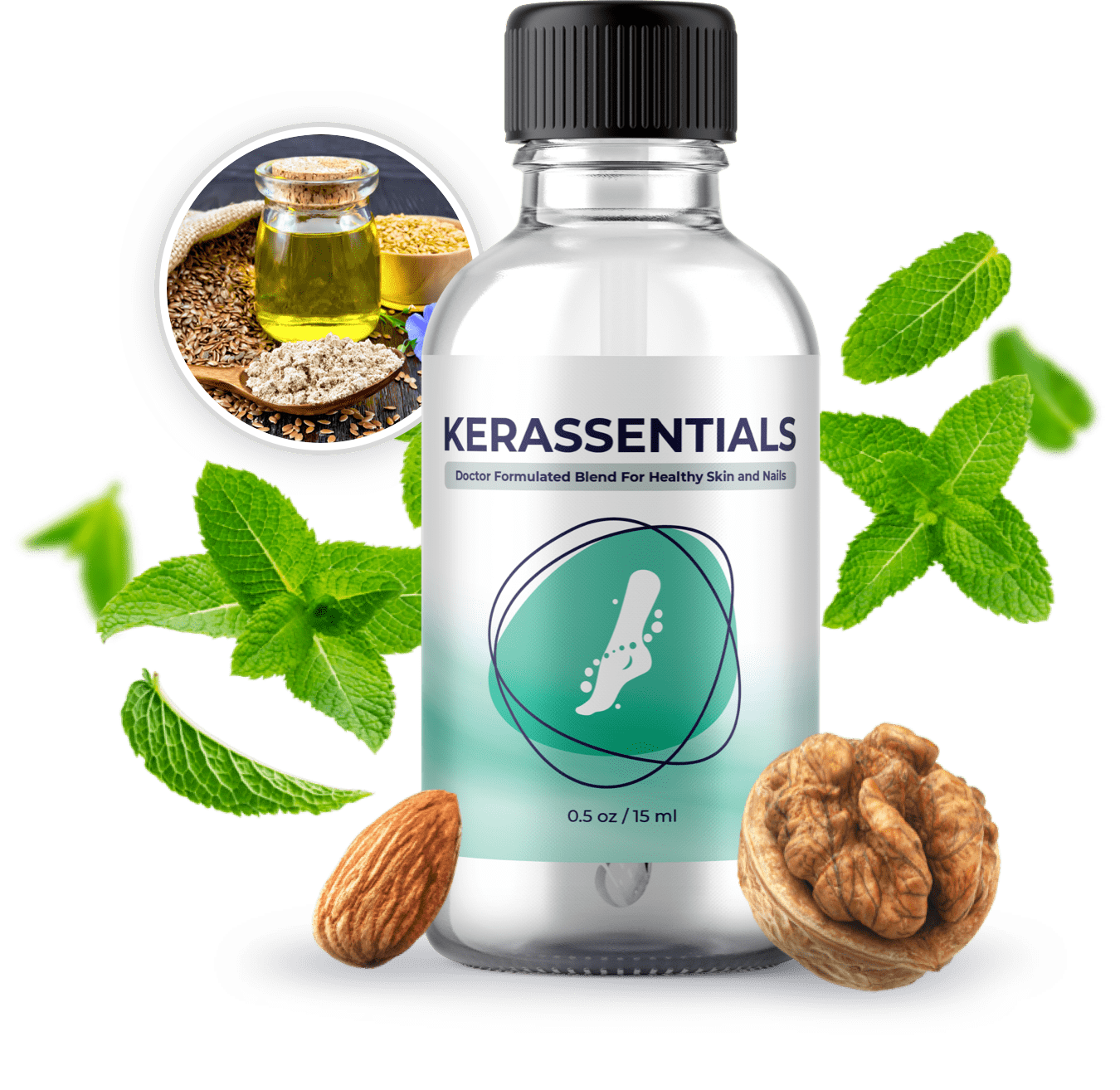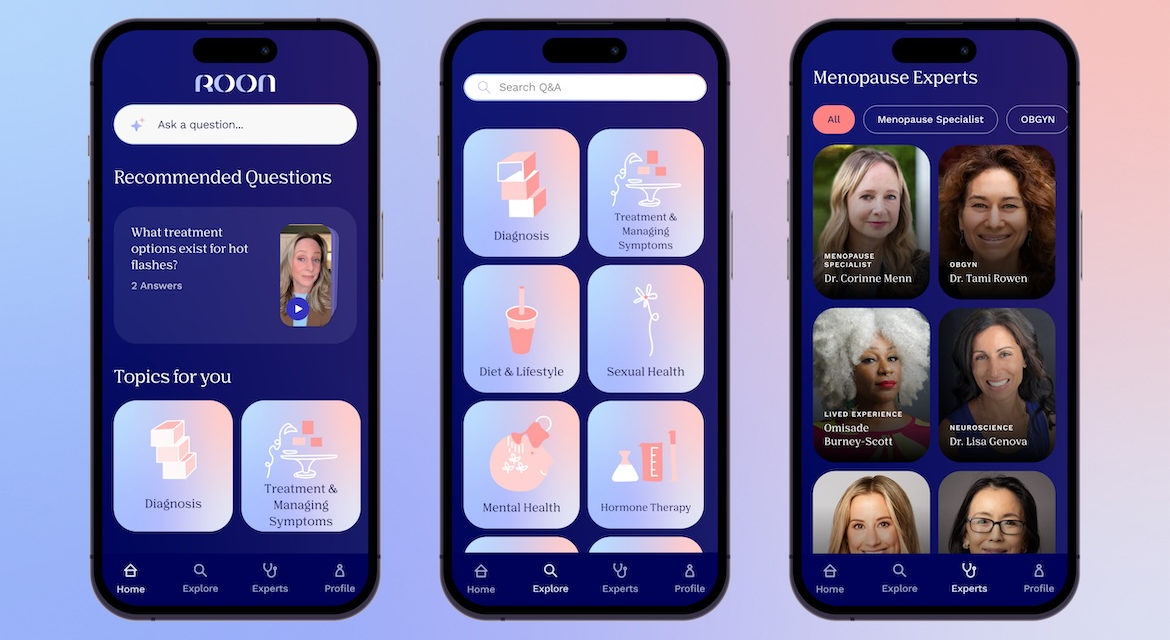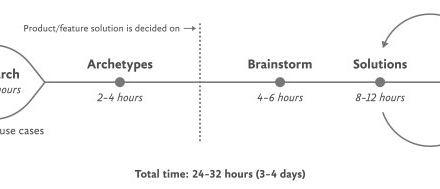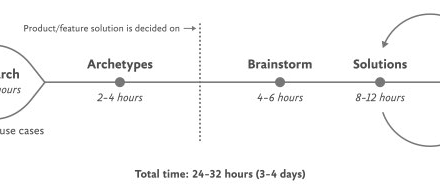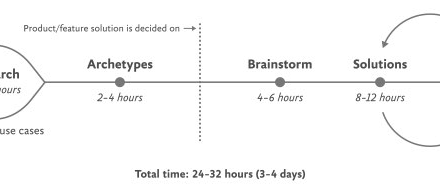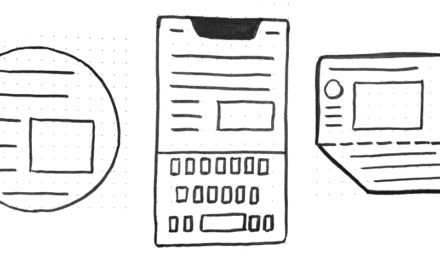It’s probably time to let go.
As a health journalist, I know how difficult it can be to find accurate health information online. In the age of AI-powered search engines, you never quite know if the answers served up to you at the top of the page are from legitimate medical sources or some woo-woo wellness site that hasn’t been touched in years. Even in my personal life, it can be tricky to find resources about the conditions I may face as a woman—and I know I’m not alone in that experience.
From menstruation to fertility, and yes, even to menopause, there’s still so much mystery surrounding women’s health. Case in point: More than 1 million Americans go through menopause each year, but studies find that 80 percent of those people have limited knowledge about menopause, never learned about it in school, or have a negative attitude toward the life phase altogether. No wonder so many of us are too embarrassed to bring up our concerns at the OB/GYN, which can lead to gaps in quality care.
This is where AI—and personalized health advice in the form of an app—can be useful. Meet Roon, an app that partners world-class healthcare providers with artificial intelligence to bridge the divide between people and reliable health information. Recently, Roon launched Roon Menopause—a platform that serves as a digital library for all the menopause questions you may have, from how to tame a hot flash to navigating hormone therapy, with answers from real-life medical experts.
I had the opportunity to speak with Roon CEO and co-founder Vikram Bhaskaran to learn more about the launch. Here’s what to expect once you hit download on iOS.
First, what is Roon?
Roon is an app that puts free, expert-driven resources on several health conditions at your fingertips. Conditions featured on the app include ALS, dementia, endometriosis, fertility, glioblastoma, PCOS, and now, menopause. The app was born when Bhaskaran, a former tech developer with Pinterest, became a caregiver for his father with ALS and noticed a disturbing lack of information about the illness online.
“Like most caregivers on the planet, I spent thousands of hours on Dr. Google, Facebook groups, Instagram, and TikTok to try to find medically vetted information,” Bhaskaran says. “When it comes to health, it sometimes feels like we are still in the dark ages.” But between how long it takes to see a specialist, plus providers only spending about 18 minutes on average with patients per appointment, Bhaskaran says it only makes sense that we turn to the Internet for help.
Using his tech-savvy and appreciation for beautiful, algorithm-driven apps like Pinterest, Bhaskaran teamed up with his co-founder Rohan Ramakrishna, MD, a neurosurgeon at Weill Cornell, engineers, and designers to develop Roon, which houses hundreds of pre-recorded videos of healthcare providers answering the top questions they get asked every day.
On top of that, users can also take advantage of the “ask a question” search tool to find answers, all with the help of AI technology. (More on this below.)
How Roon uses AI to provide health information
Instead of gathering answers from all over the Internet like other AI-powered search engines, Roon’s “ask a question” AI tool only pulls quotes from the pre-recorded content that exists within the app. This ensures you’re getting accurate and reliable answers straight from a professional each time you search, and not some unknown source.
Once your question has been answered, the AI tool auto-populates related questions, which is how the personalization takes shape. “The more you use it, the more we learn about you so we can ultimately become your personalized guide for health,” says Bhaskaran. Plus, if you add your age and gender identity, “we can also personalize content based on where you are in your journey,” he adds. So, for example, if you’re a 40-year-old female who’s trying to get pregnant, it might suggest you watch perimenopause or fertility content.
While this service doesn’t replace the need for real visits with your healthcare provider, it could help those with a lack of access to quality care or insufficient health insurance feel more empowered—and less confused—about their well-being. “In the age of AI-generated content, we’re going the opposite way, which is there’s nothing more human than a doctor looking into a camera answering your question when you’re going through a hard journey,” Bhaskaran adds.
Other Roon Menopause features
The first thing you’ll notice about Roon Menopause is its user-friendliness. No matter your level of tech skill, the simple design makes it fairly easy to sift through each tab and section. You can start searching for information based on the type of expert you want to hear from (like a reproductive endocrinologist, OB/GYN, or holistic practitioner), the symptoms you’re experiencing (like vaginal dryness, fatigue, or insomnia), co-occurring conditions you may have (like osteoporosis or depression), or other topics, like treatments, diagnosis, causes, and more.
Once you find a topic you’re interested in, you can watch short videos or read written responses from a variety of providers, who Bhaskaran says are not only heavily vetted before joining the app, but are also great communicators with good bedside manner IRL. Some notable names include Mindy Goldman, MD, the chairman at Midi Health, Corrine Menn, MD, with Alloy Women’s Health, and Rajita Patil, MD, a menopause specialist at UCLA Health, among others.
From there, the AI feature will suggest other topics or questions you might ask. Consider it a personal search engine and doctor-filled social feed all in one.
And we’re not just talking about physical health here: Roon Menopause also spans the mental, emotional, and sexual wellness aspects of menopause. So you may explore topics like “how to comfortably have sex with vaginal dryness,” “how to talk to your partner about menopause,” or “how to start your fertility treatment if you’re also in perimenopause.” It also offers tips for optimal nutrition, exercise, holistic vs. traditional medicine practices, and specific treatment options for each menopause symptom you’re facing.
Here’s more of a breakdown of the features:
- Expert network of over 60 licensed healthcare providers
- Thousands of pre-recorded Q&A videos and written content
- Approximately 1,300 answered questions
- Over 100 related subtopics
- Instant answers through an AI-powered search tool
- Advice from people with lived experience
- Multiple expert perspectives on highly debated treatment options (such as hormone therapy)
- Culturally sensitive and trauma-informed content
- Next-step advice for receiving care
Ultimately, Bhaskaran says this service is a safe place to ask the hard questions or ones you may be too uncomfortable to ask your provider about. “This is just the beginning of how we’ll support women across their lifetime health journeys through expert guidance,” he adds.
Yes, it’s personal, but is your data safe?
Within the last few years, some people have shied away from using period tracking apps for fear that their reproductive health information will be shared and sold to third parties or that it would be used against them at healthcare facilities or in legal proceedings. This is because period trackers can not only log menstruation, but also missed periods, miscarriages, and infertility.
But rest assured that with Roon, the private details you share about your reproductive health stay within the app, and are only used to further optimize your experience, says Bhaskaran. Data is stored locally and never shared with third parties.
Final thoughts
There’s nothing more comforting than having a trusted healthcare provider’s advice by your side—especially during a time like menopause. Whether you’re already in it, about to start, or know a loved one currently going through the life phase, apps like Roon Menopause—which combines AI with medically sound information—can cut through the noise, misinformation, or even medical gaslighting you may face, both online and in person.
Recommended Story For You :
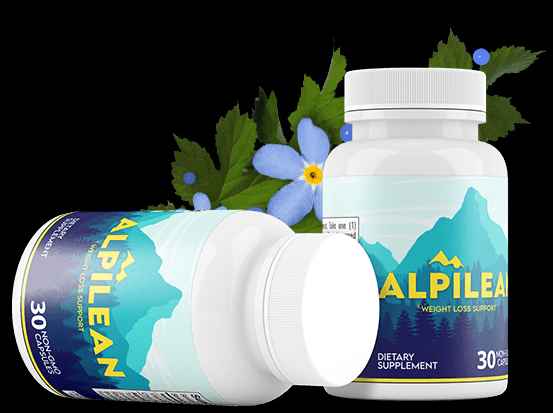
The alpine secret for healthy weight loss

The Most Potent Fast-Acting Formula For Incinerating Stubborn Fat

Real Cortexi Users Real Life‑Changing Results
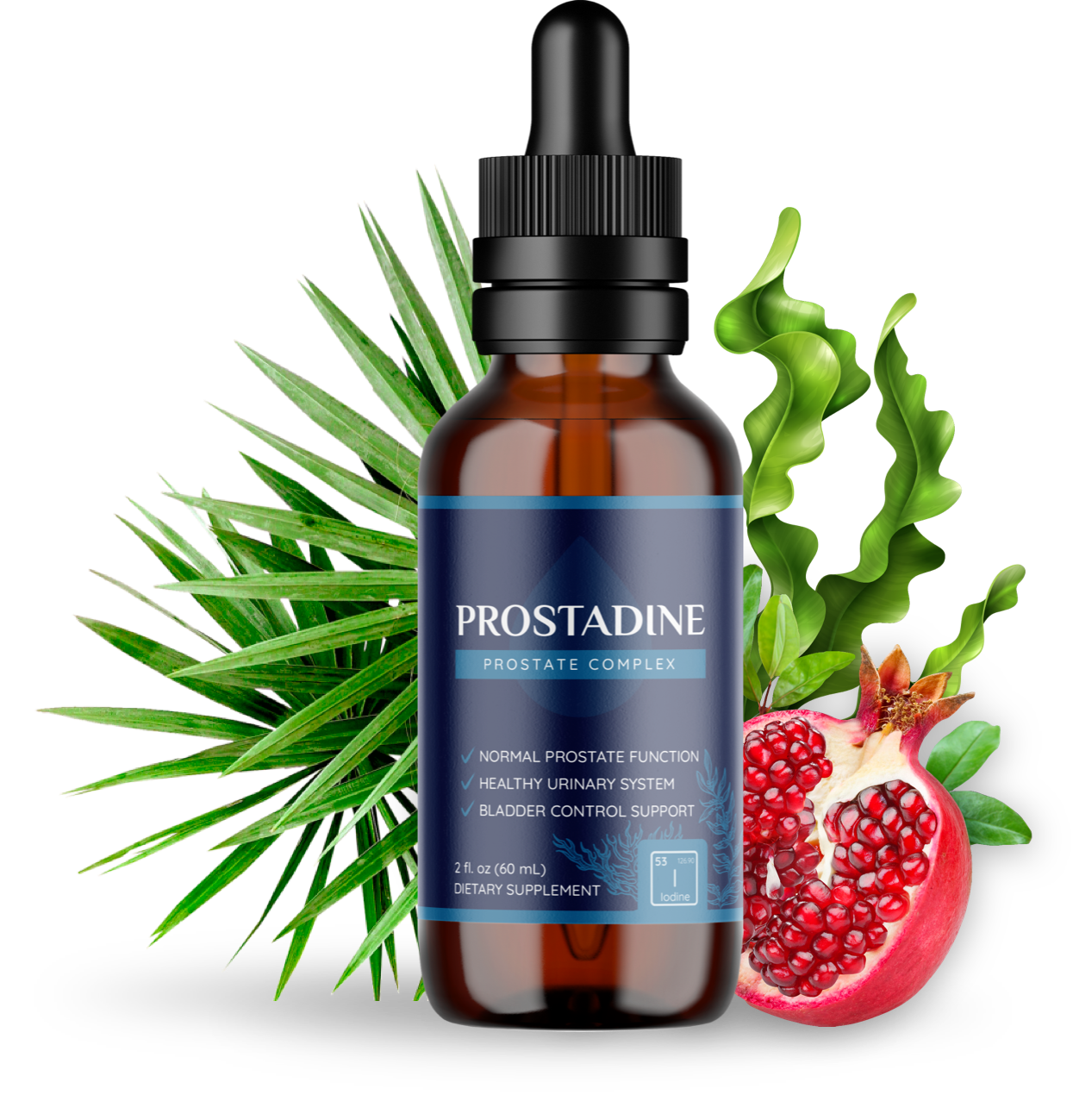
This Cold Drink Might Trigger Your Prostate
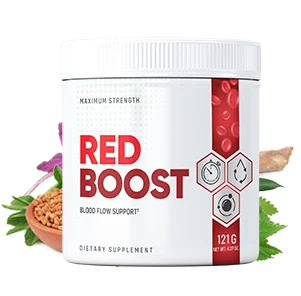
Red Boost is a powerful new formula for boosting male sexual health.
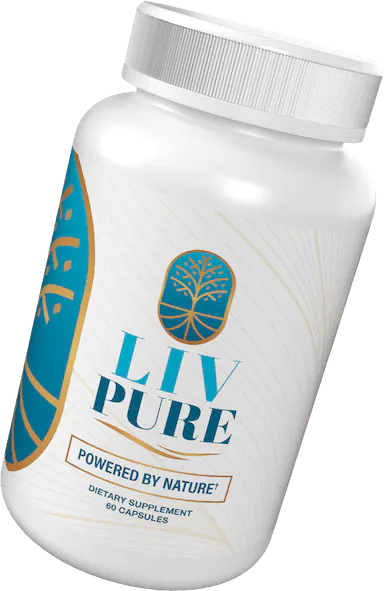
Everything you eat or drink eventually reaches your liver for processing.

Brand New Probiotics Specially Designed For The Health Of Your Teeth And Gums

Empowering You to Take Control of Your Blood Sugar Health!

Scientists Finally Discover the Root Cause of Belly Fat and Unexplained Weight Gain
